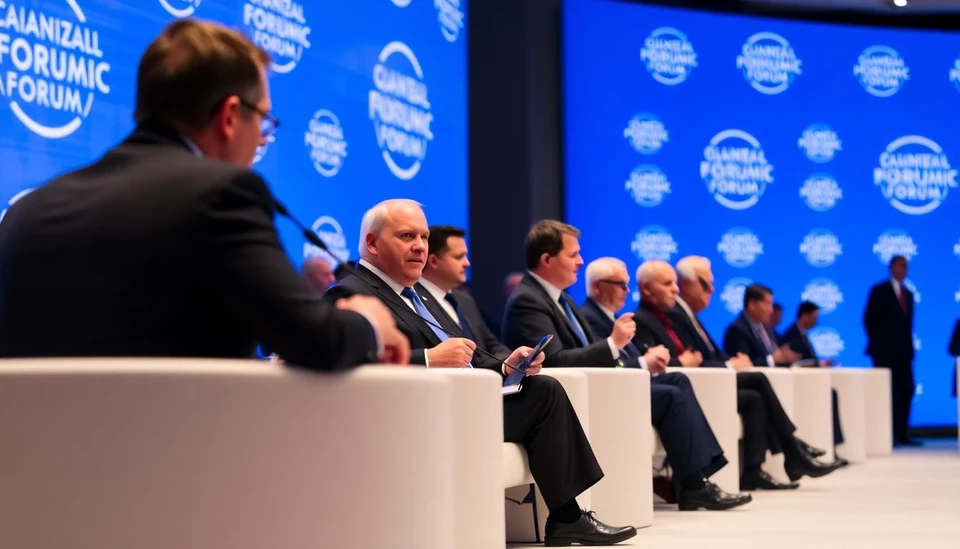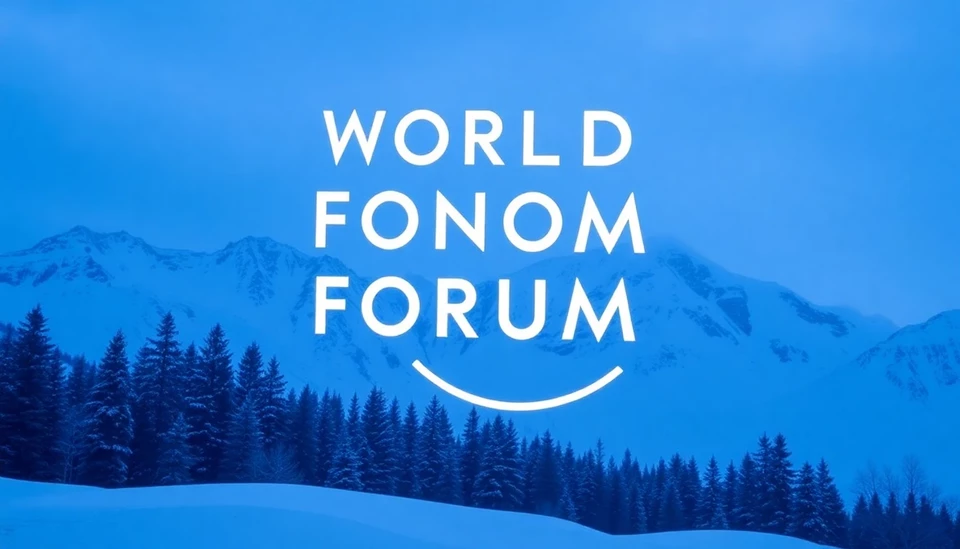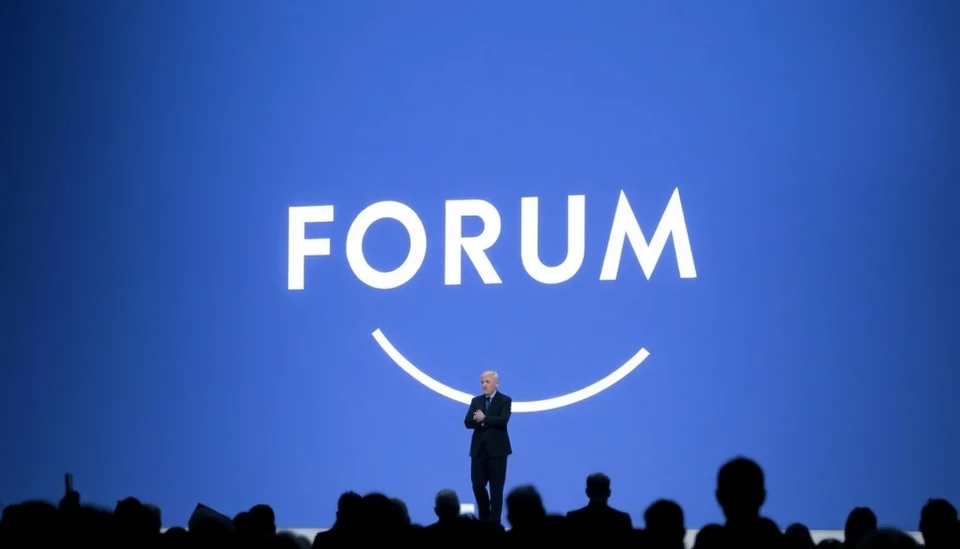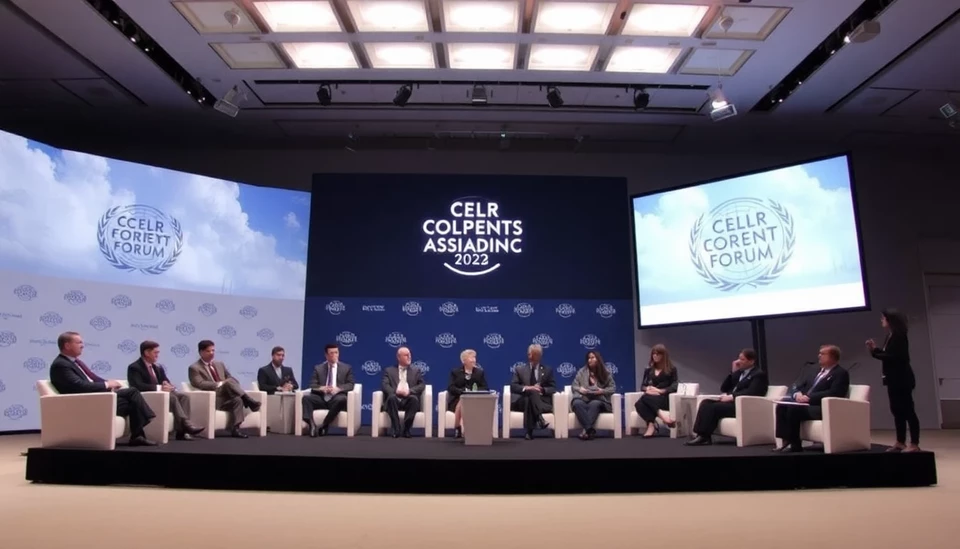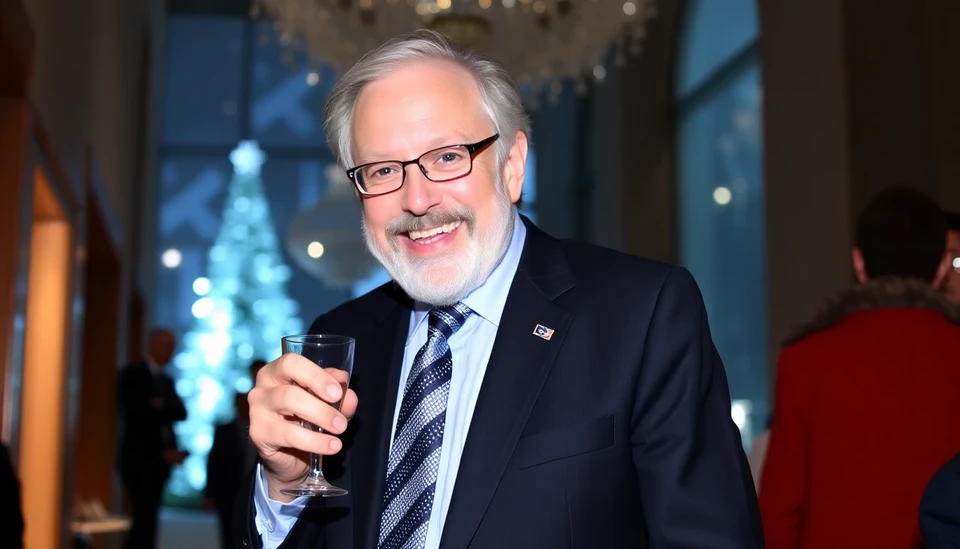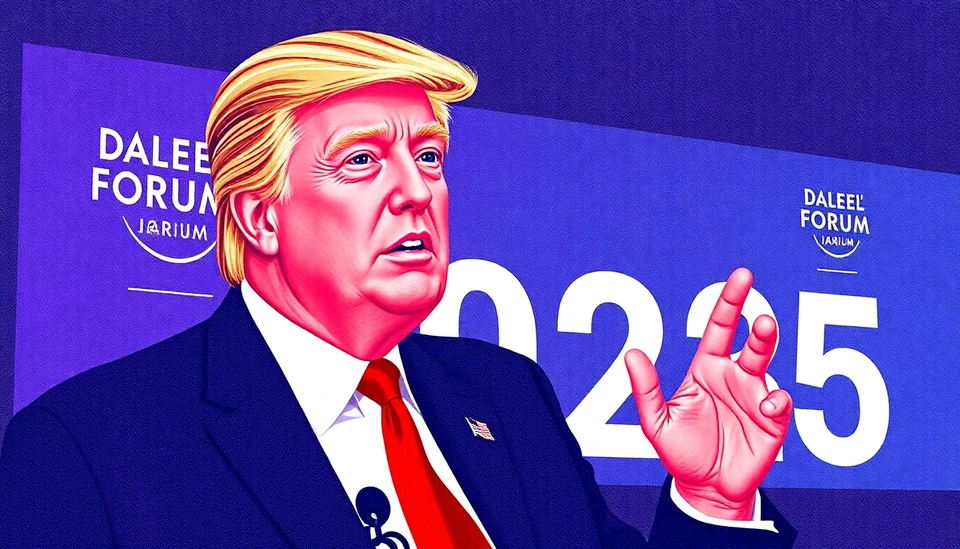
This year's World Economic Forum in Davos has ignited discussions about the rising influence of American capitalism, specifically encapsulating the lingering shadow of former President Donald Trump. While the world grapples with economic uncertainties, it appears that the policies propelled during Trump's presidency continue to inspire hope among bankers and financial leaders attending the event.
Bankers from across the globe have noted a "Trump tailwind" as the overarching theme at the gathering, signaling a strong belief in the resilience and potential of the U.S. economy. This sentiment stands in stark contrast to the concerns permeating European financial circles, where apprehensions about growth and energy crises remain prominent. The divergence between the American economic optimism and Europe's cautious stance has generated discussions about strategies to remain competitive in the global marketplace.
Citing tax reforms and deregulation that characterized Trump's administration, many bankers argue that these policies have laid a foundation for a robust financial environment ripe for growth and innovation. As they engage in discussions about future investments and strategic shifts, Europeans seem eager to reverse the trends of the past few years, fueled not only by competitive pressures but also by aspirational trajectories showcased by their American counterparts.
While U.S. financial executives maintain a buoyant outlook, Europe's banking sector is experiencing tighter regulations and ongoing challenges related to energy pricing and geopolitical tensions. The varying responses to these challenges present a stark narrative at Davos, with U.S. powerhouses demonstrating resilience against inflation while their European counterparts are seeking pathways to recovery amidst waning consumer confidence.
The dialogue at Davos is awash with strategies intended to bridge this economic divide. European officials have expressed the urgency of revisiting their approaches to taxation and regulation, in a bid to create a more conducive environment for investment and economic rejuvenation. Meanwhile, more agile sectors in the U.S. are spearheading initiatives aimed at capitalizing on market opportunities, buoyed by a consumer base that appears unshakeable in its demand.
This juxtaposition of executive outlooks illustrates a new chapter in global banking, where adaptability and innovation are at the forefront of discourse. Davos attendees are not only reflecting on past resolutions but are also drawing inspiration from the dynamism present in the global finance arena bred during Trump's tenure. This potentially signals a shift in how banking leaders navigate the complexities of changing economic landscapes.
As the forum progresses, the overarching discussions will likely focus on establishing effective alliances framed around newly defined economic goals. The energy at Davos reflects a turning point, where the legacy of past administrations, particularly that of Trump, continues to shape the trajectories of contemporary economic dialogues and collaborative efforts.
In summary, the narrative crafted at this year's Davos underscores an intricate interplay between optimism in American banking practices and the urgency for Europe to recalibrate its economic strategies in the face of prevailing challenges. How international leaders choose to navigate this divide will shape not only the future of their respective economic landscapes but also the global financial ecosystem as a whole.
#Davos2025 #TrumpInfluence #GlobalBanking #EconomicOutlook #USvsEurope #FinancialStrategies #WorldEconomicForum
Author: Rachel Greene
